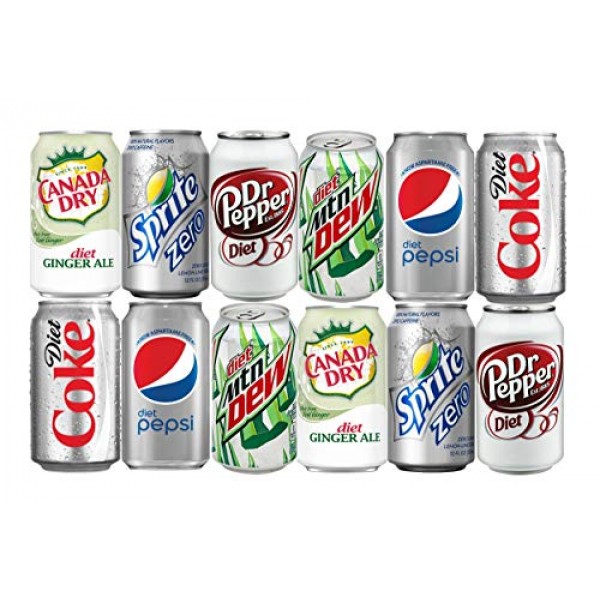Blog

"The Hunger Paradox: Exploring the Link Between Diet Soda and Increased Appetite"
The feeling of hunger after consuming diet soda is a complex phenomenon that can have multiple factors contributing to it. While there is no universally agreed-upon explanation, here are a few possible reasons why some individuals may experience increased hunger after consuming diet soda:
- Artificial sweeteners: Diet sodas are typically sweetened with artificial sweeteners like aspartame, sucralose, or stevia, which provide a sweet taste without adding calories. However, some studies suggest that these sweeteners may not fully satisfy the brain's reward center, which can lead to an increased desire for more food and potentially trigger hunger.
- Psychological factors: The expectation of consuming a sweet beverage without the accompanying calories can create a discrepancy between the brain's anticipated caloric intake and the actual caloric content. This discrepancy might lead to increased hunger as the brain tries to compensate for the missing calories.
- Disruption of hunger regulation: Some studies suggest that artificial sweeteners, despite being calorie-free, can disrupt the body's natural hunger and satiety signals. This disruption can confuse the brain's regulatory mechanisms and result in increased hunger.
- Habitual eating patterns: Diet soda consumption might be associated with certain eating patterns or behaviors. For example, individuals who regularly consume diet soda may also have a habit of consuming high-calorie foods alongside it. In such cases, the increased hunger after consuming diet soda may be a result of conditioned associations between the soda and calorie-rich foods.
- Gut microbiota: Emerging research suggests that the gut microbiota, the community of microorganisms in the digestive system, may play a role in regulating hunger and satiety. Some studies have found that artificial sweeteners in diet sodas can negatively affect the composition and diversity of gut bacteria, which may impact hunger and food cravings.
It is important to note that individual responses to diet soda can vary, and not everyone experiences increased hunger after consuming it. If you find that diet soda consistently makes you feel hungry, it may be worth experimenting with alternative beverages or consulting a healthcare professional or nutritionist for personalized advice.
SOLUTION : L-glutamine, an amino acid, plays a crucial role in curbing sugar cravings due to several reasons:
L-glutamine helps stabilize blood sugar levels, preventing sudden spikes and drops that contribute to sugar cravings.
It can be converted into glucose by the liver, providing an alternative energy source and reducing the need for sugary foods.
L-glutamine promotes neurotransmitter balance, including glutamate, which helps regulate the brain's reward system and cravings.
It supports gut health, improving nutrient absorption and addressing underlying issues that contribute to cravings.
L-glutamine can have a positive impact on mood and stress management, reducing emotional triggers for sugar cravings.

Comments (1)
glutamine helps in weight loss and i used it to stop my craving